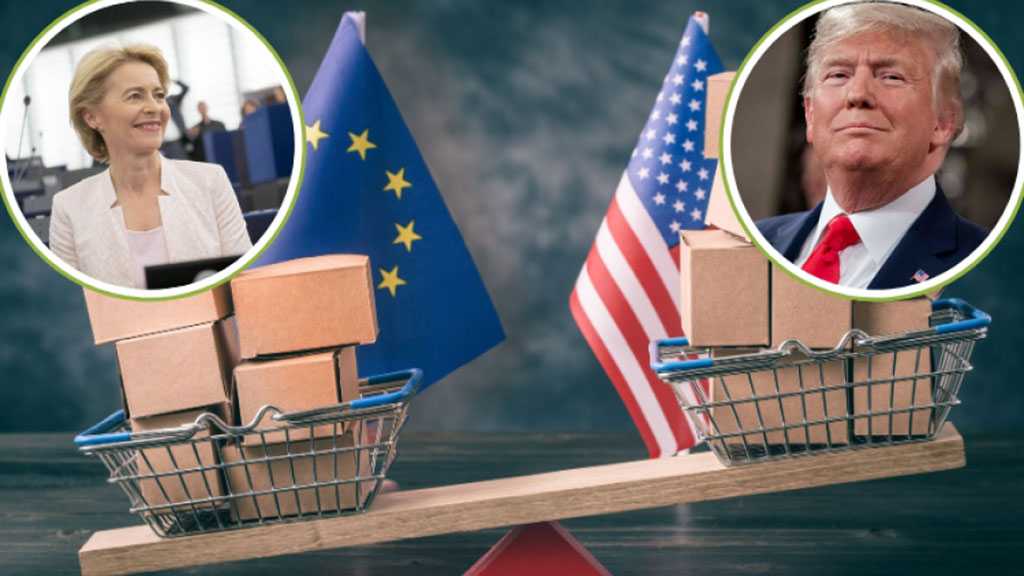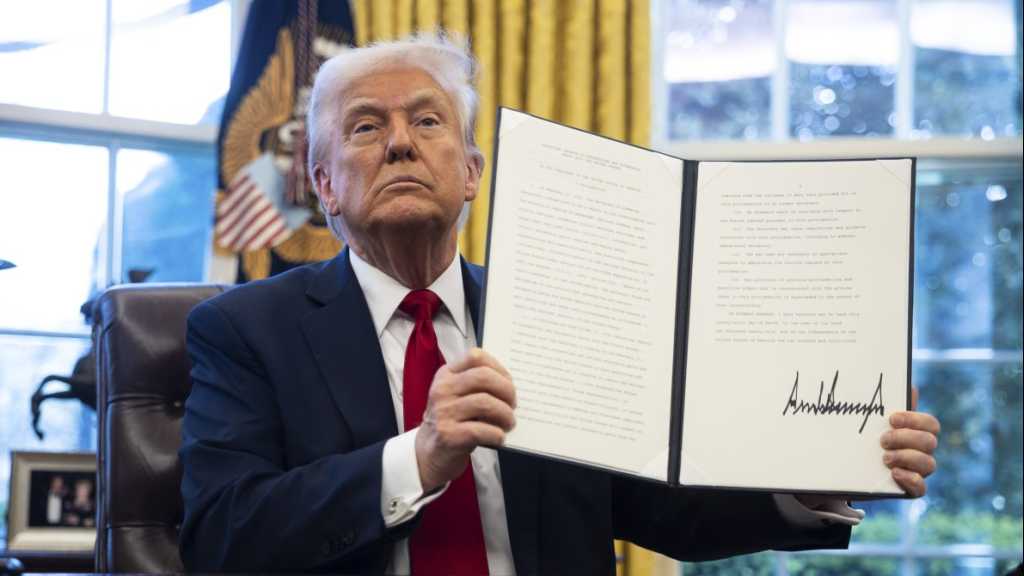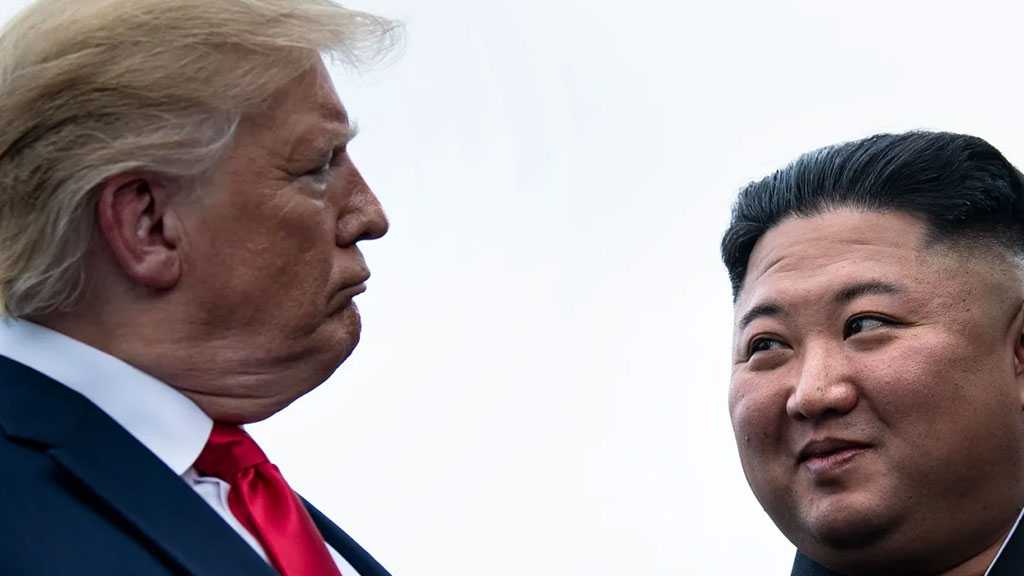
Trump’s New Tariffs Ignite Global Trade Tensions as EU Prepares Countermeasures

By Staff, Agencies
US President Donald Trump has announced sweeping new tariffs on imports, escalating global trade tensions and prompting the European Union to prepare retaliatory measures.
Speaking at the White House, Trump declared April 2, 2025, as "Liberation Day" for American industry, promising economic revitalization through his tariff strategy.
Under the new policy, imports from the European Union will be subject to a 20% tariff, while UK imports will face a lower 10% rate. Other countries, including China, Japan, India and South Korea, will be hit with tariffs ranging from 17% to 46%.
Trump justified these measures as a response to what he described as unfair trade practices, claiming the US has been "pillaged" by foreign nations.
He argued that the revenue generated from these tariffs would be used to reduce taxes and pay down national debt.
European Commission President Ursula von der Leyen condemned the move, warning of its severe consequences for the global economy.
She announced that the EU is finalizing countermeasures, particularly in response to steel tariffs, and is preparing additional steps if negotiations with Washington fail. Von der Leyen emphasized the risk of rising protectionism and economic instability.
Irish leaders also expressed concern over the impact of the tariffs on trade and investment. Taoiseach Micheal Martin called for dialogue, stressing that a confrontation serves no one’s interests.
Meanwhile, Tánaiste Simon Harris acknowledged the significant challenges posed to Irish exporters, urging a measured and diplomatic response.
The tariffs also create uncertainty for Northern Ireland under the Windsor Framework, as the US applies different tariff rates to the EU and the UK.
The evolving trade dispute is expected to have widespread implications for international commerce, with the potential for further retaliatory actions from affected nations.
Comments
- Related News


